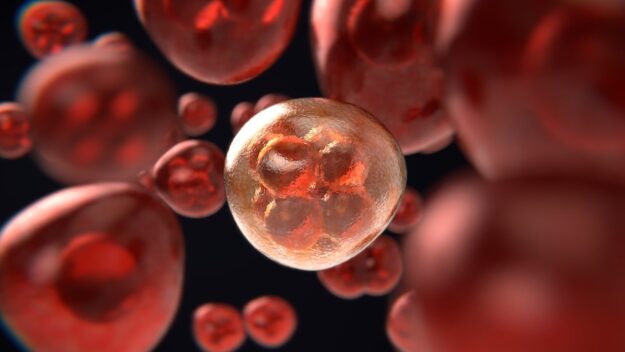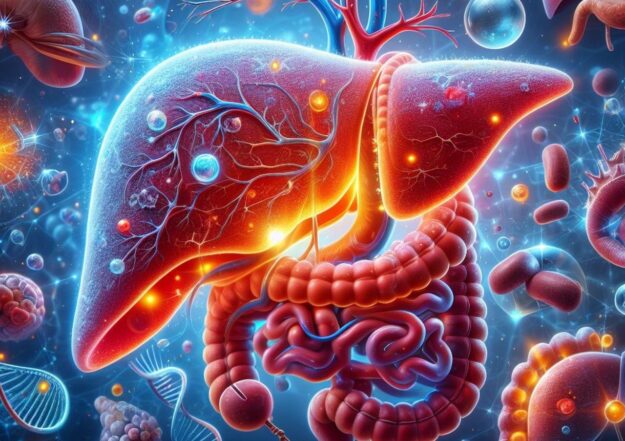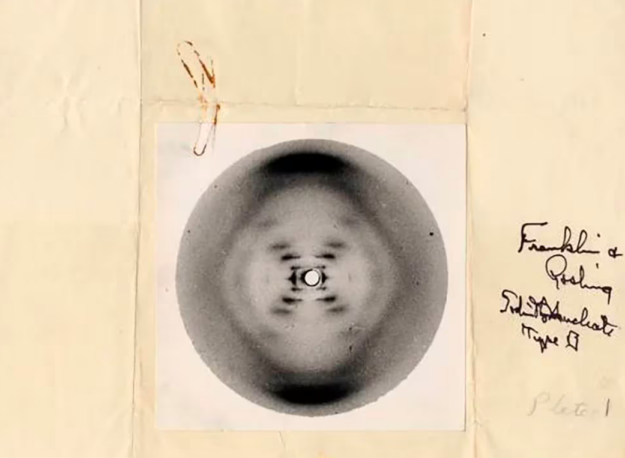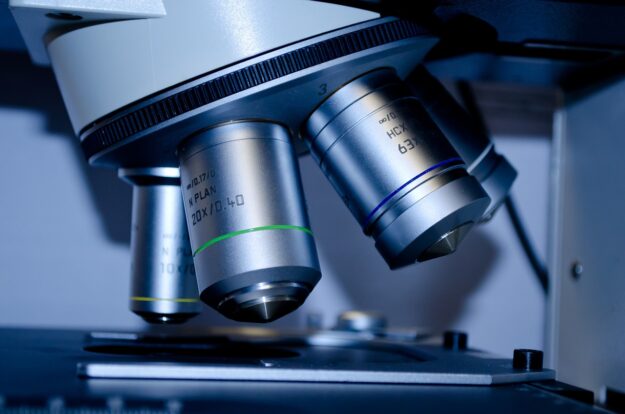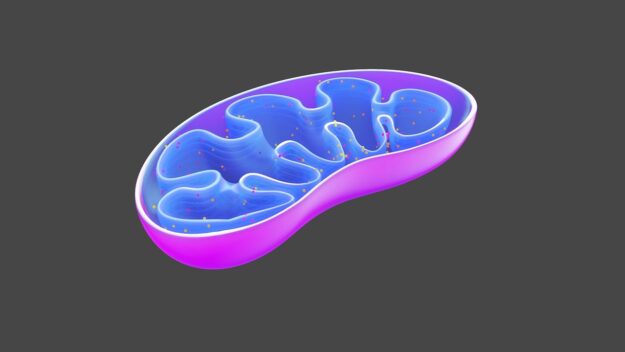Detect cancer seven years before diagnosis: Now it is possible.
A study from the University of Oxford reveals the key to early detection of cancer. Cancer remains one of the most daunting challenges of modern medicine, and early detection is a crucial factor in improving patient outcomes. The earlier cancer is detected, the more likely treatment is to be successful . Now, a major breakthrough…


